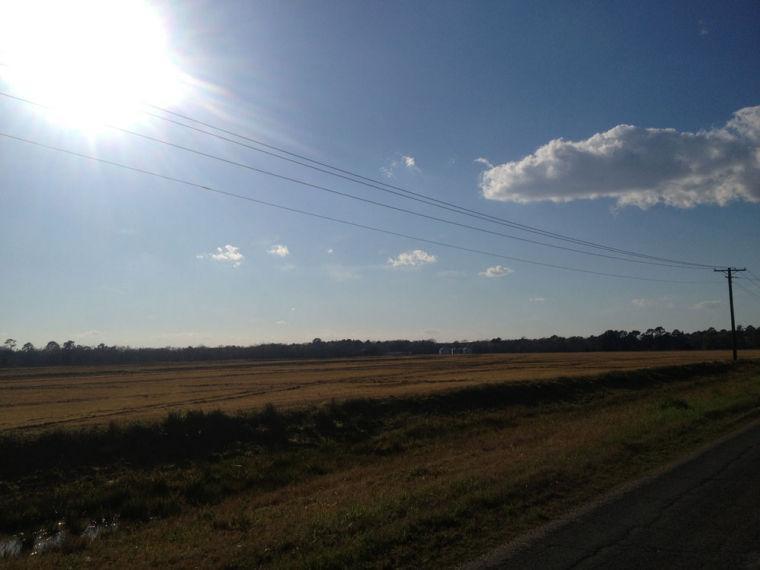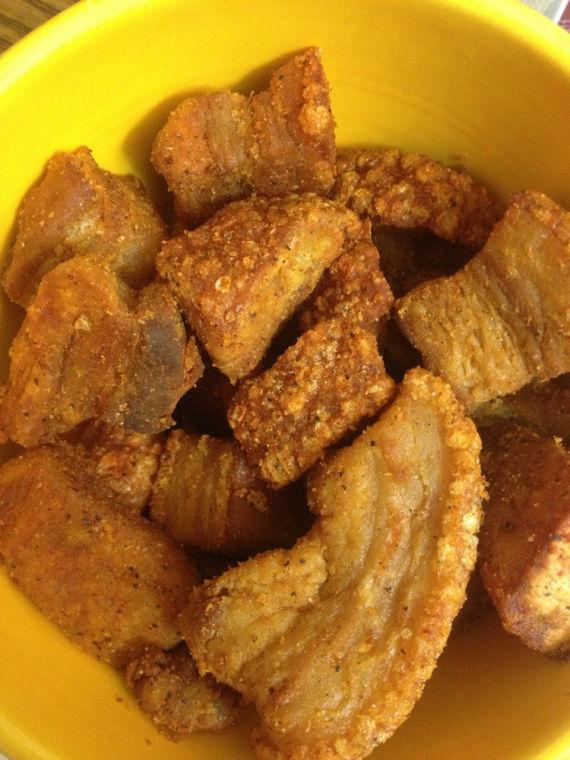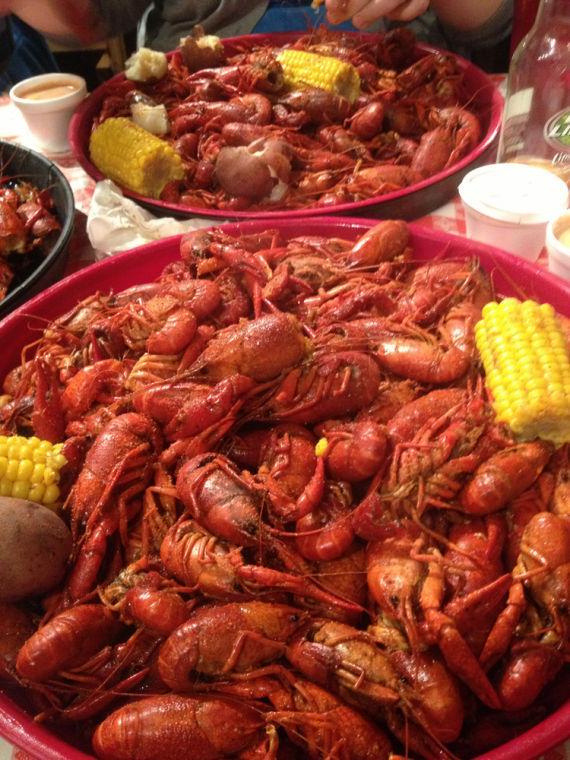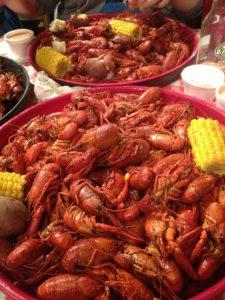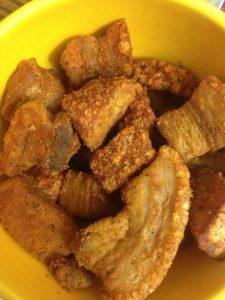Surrounded by crawfish fields next to nowhere Louisiana exists a sanctuary, a town abandoned by time, a place I proudly call home.
Mamou, located in the heart of Evangeline Parish, evokes youthful nostalgia of when my parents, in their 20s at the time, and I would make the two-hour trip at least once a month to visit their parents, my grandparents. The final school bell would ring on Friday, and my parents would scoop me up.
Off we’d go, unrestrained with excitement.
Eunice, a 10-minute car ride from Mamou, would be in our wake when crawfish fields sprawled in all directions. I’d see “the point” as I called it — two towers used by local farmers to dry their rice.
It meant we were close.
But this weekend I took a different route into town, a stretch of hazardous back roads that never stopped curving, beginning on the outskirts of Opelousas.
There were 29 curves, according to my granny, who used to count them on her way to work. I counted down from 29, knowing each passing bend meant I was closer to the safety of my grandmother’s kitchen, which was sure to be saturated with the smell of something delicious.
This time it was vanilla cupcakes crowned with chocolate icing.
I picked up a pound of cracklin’s — addictive morsels of pork and fat fried and seasoned to perfection — for the pack of Cajuns awaiting me. The traditional snack is never unappreciated, or uneaten, in my family.
After I rounded the final turn, the speed limit plummeted to a strict 25 miles per hour, and I moseyed past the town’s graveyard.
I made a sharp right turn onto Eighth Street, where the home of Nary and Elvin Reed has existed for more than 85 years, and pulled up to my grandparents’ familiar abode.
There were no cars in the driveway, so the search commenced. There are only so many places you can look in a town that just barely measures in at one square mile.
I immediately darted to Reed’s Pharmacy on Sixth Street, the only road in town with a traffic light, easily avoided by taking a side street.
I swung the front door open like I had so many times. Ding, ding, ding. Like I owned the place. I sort of did.
Hellos and hugs from my aunt, Phyllis Vidrine, and uncle, John Reed, who have both worked at the drugstore longer than I can remember, greeted me almost instantly. I asked if they had seen my grandparents.
“Well, you’ve found one half of them,” said Elvin’s youngest son and my mother’s older brother as we walked past the swinging doors into my gramp’s throne room.
He was sitting at his desk, paperwork and medical articles surrounding him. A combined expression of shock and delight seized his face. I was supposed to be at work, he thought.
My 85-year-old grandfather always sheds a few years when he’s around the ones he loves. His aches hurt a little less, and his demeanor grows a little lighter.
We caught up for a bit, contently sat in silence a bit more, then decided on dinner at the Crawfish Barn as soon as my parents arrived behind me. After all, it was the beginning of crawfish season in a town encompassed by crawfish fields.
I asked him where Granny was, and he told me she left to shop for doorknobs in Eunice around 2 p.m. It was 4:34 p.m.
“You know how she is,” he joked. I did know.
I said my see-you-laters and took my chances at the house again. She was there, removing laundry from the clothesline in her backyard. Her blonde hair gleamed in the afternoon sun, and I swore there is no way she is in her late 70s.
We walked inside, and she explained a futile attempt at purchasing doorknobs. “What do I know about doorknobs?” She ended up buying groceries instead, mostly some favorites of my younger brother, the picky eater.
We chatted between mouthfuls of the cardiac arrest in a greasy brown paper bag that I picked up earlier.
My parents, brother and gramps soon joined us, and we rushed to the Crawfish Barn to beat the Friday dinner crowd in a predominantly Catholic town during Lent. We snatched a table and were joined by my aunt and uncle.
My granny, aunt, uncle and brother ordered various dishes, but the rest of us were there for the five-pound platter of boiled gold in a shell. I sipped on a Maker’s Mark and water, but was buzzing from the presence of ideal company, impatiently waiting for my steaming platter of crustaceans.
The crawfish hit the table and conversation ceased. We competed in an unspoken contest of who could devour their food first.
When I swallowed the last tail, my fingers were wrinkled from crawfish juices. The pores on my nose seeped spice-induced drippings. A crimson cut on my finger begged for salvation from crawfish boil.
But it was worth my satisfied stomach bulging with happiness. My grandparents asked if my food was good. Of course it was. They always asked this after eating, and they always smiled when I said yes.
When their people are happy, they are happy.
We gulped down another round of drinks and departed after deciding our waitress couldn’t possibly ask us how we were doing one more time.
Back at the Reed residence, we conversed over a pot of fresh coffee until eyelids grew heavy. Kisses on cheeks were exchanged, and as I made my way to the guest bedroom — my bedroom — I watched my grandfather quietly praying at the edge of his bed.
I wondered what he was thinking but didn’t dare disturb.
The fullness in my stomach was replaced by an overwhelming feeling of gratitude, and I settled in for a guaranteed night of sound sleep.
I was home.
Ferris McDaniel is a 22-year-old mass communication senior from Mamou.


